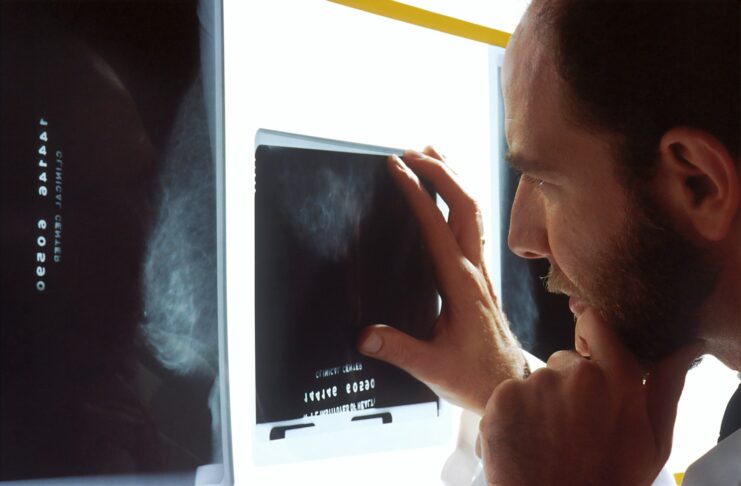Cancer is now the main reason employees make claims under workplace insurance policies, according to new industry figures.
The data, published by industry body Group Risk Development (GRiD) to mark National Cancer Survivors Day on June 1, show that during 2024, cancer accounted for the majority of claims across all three of the main employer-sponsored protection benefits: critical illness cover, life assurance and income protection.
Specifically:
- 68% of critical illness claims were for cancer
- 39% of life assurance claims involved cancer
- 27% of income protection payouts were cancer-related
The findings underline the ongoing impact of cancer in the workforce and come at a time when survival rates are steadily improving. According to Cancer Research UK, more people are now living beyond cancer treatment than ever before, with survival doubling over the past 50 years.
A Growing Workplace Issue
While higher survival rates are a positive development, they also present new challenges for employers. Many staff members are returning to work after treatment or continuing to work while receiving care. Others may be living with long-term physical and mental effects, including fatigue, anxiety, cognitive issues and reduced stamina.
The implication for employers, experts say, is that supporting staff affected by cancer is no longer a short-term or exceptional consideration but a growing and ongoing workplace issue.
GRiD spokesperson Katharine Moxham said group risk benefits often offer much more than financial support. “Group risk benefits provide an abundance of cancer support for employees which can include access to oncologists, healthcare professionals such as psychologists and physiotherapists, and other specialist support such as vocational rehabilitation,” she said.
“Ongoing support is crucial — as although the cancer itself may be in the past — fatigue, anxiety and the side-effects of treatment may still be very much in the present.”
Supporting the Return to Work
One key issue for employers is how to support staff through the return-to-work process, or how to help those who choose to remain in work while undergoing treatment. There is no single route back into the workplace, and GRiD points out that survivors may include:
- Staff who have returned to work on a full-time basis
- Employees working flexibly or part-time as they rebuild strength
- Individuals living with long-term or recurrent disease
- Workers who continued in their role during treatment
The support needs of these employees can vary significantly. “Group risk benefits are also invaluable in supporting employers as they, in turn, support employees at different stages in their cancer recovery,” Moxham said. She noted that many policies include guidance and resources to help HR teams and line managers respond effectively.
That could be training modules and practical toolkits for managers, access to occupational health and rehabilitation services and counselling and mental health support. It might also, said Moxham, include information for colleagues to create a more inclusive environment
The Employer’s Role in Cancer Recovery
For employers, the challenge is twofold: to ensure staff receive appropriate support and to create a workplace culture in which employees feel safe and respected when disclosing a cancer diagnosis or asking for adjustments.
Organisations are advised to:
- Familiarise themselves with the non-financial elements of any group risk policies they have in place
- Establish clear return-to-work procedures tailored to individual health needs
- Train managers to handle conversations around illness and recovery with confidence and empathy
- Offer flexibility around hours, responsibilities and working patterns where possible
- Avoid assumptions about what employees can or cannot do following treatment
The benefits of doing so are not only ethical but also practical. Research shows that employees who feel supported are more likely to stay with an organisation, return to work more quickly and perform more effectively over time.
Beyond Awareness Days
National Cancer Survivors Day, held each year on 1 June, aims to honour people who have lived through cancer and to raise awareness of the challenges they continue to face.
But for employers, GRiD suggests that supporting these staff must go beyond one-off events or token gestures.
“As we honour the individuals who have survived cancer,” said Moxham, “it’s important to ensure that employers have the knowledge and the means to support those who can, want and need to return to the workplace.”


